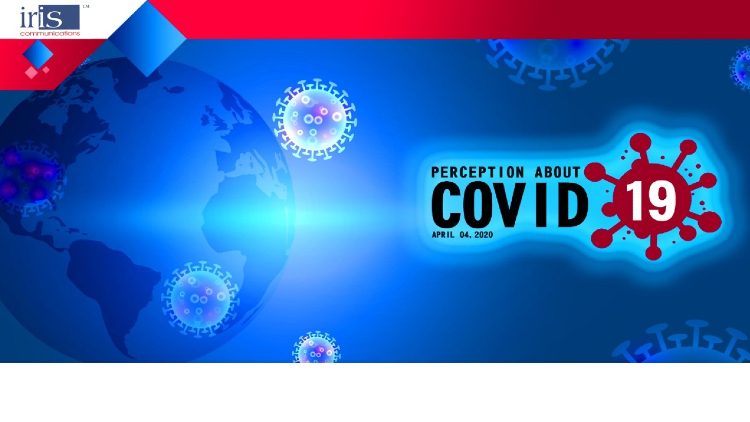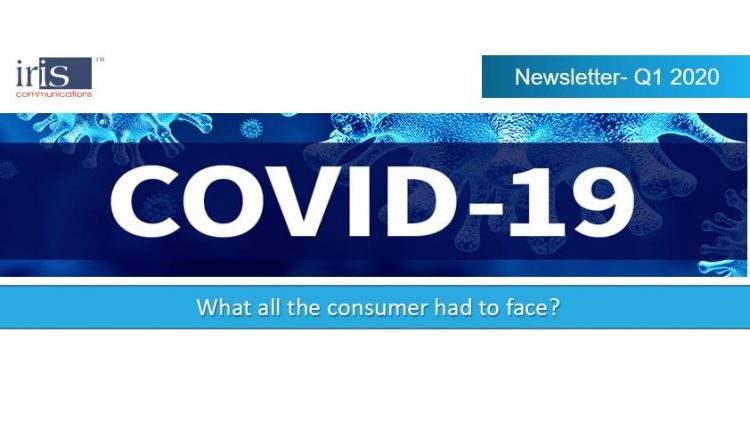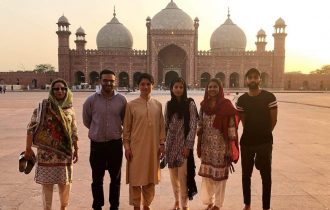Interviewing Children and Young People
An article “INTERVIEWING CHILDREN AND YOUNG PEOPLE”, published by ESOMAR highlighted few of the vulnerabilities which a research company may encounter during the study in which children and young people participate. The major postulates of the article focused upon the possible risks and provided the precautions of those risk to avoid fatalities in future. The article incepted by stating the followings:
- Definition of a ‘Child’ varies from region to region and country to country. However as a general rule, a person aged 14 years or lesser may be considered as a child; whereas, a person above 14 years of age may come under the definition of adult, for most of the regions.
- The research must not be harmful to the children taking part in the study at any stage.
- Confidence regarding the safety of rights and interest of the respondents must be imposed in the guardian or in the parents of the children.
- Any misunderstanding or possible allegations of any sort of misconduct on the part of interviewer, which may arise as a result of the study, must be accounted before the initiation of the study.
- Ensure public safety i.e. research being conducted is within the premises of ethical boundaries and in accordance with the code of conduct.
It is evident from research experience that a child aged 7 years and a child aged 13 years cannot be probed for the study in a similar manner due to their distinct mental and psychological states. Researcher need to develop specific techniques to probe children of different ages. Moreover, guardians or parents of the child must be made aware regarding the content or nature of the study so that no objection is raised by them in latter stage of the study.
The research requirements laid by ESOMAR in the article regarding children under 14 years are as follow:
- Permission or approval of the in-charge person of the vicinity must be obtained if the research is being conducted in a controlled environment.
- For uncontrolled environments such as streets, parks or in home studies, the approval of the parents must be obtained and studies in such places must not be conducted in isolation rather a guardian must accompany the child.
- Guardian must be made aware of the content of the research. In case the study involves participation of small children, it’s a good practice that the whole process must be carried out under the supervision of their guardian.
- In case the research involves taste test or sample testing, then the guardian may be asked to taste the sample in order to gain their confidence.
- On the other hand, research agency must also sign a contract with the company for whom the research is being conducted, regarding any sort of adverse reactions from the sample on the respective respondents.
- This also holds true for young people.
- Research agency to make sure that the respondent is not allergic to the sample being tested or must not be suffering from any sort of severe disease e.g. diabetes, allergies etc.
- For sensitive topics, approval must be taken from the guardians of the children by fully explaining the sole objective of the research study. For such topics standard guidelines must be adopted and a formal contract must be signed in order to avoid any repercussions of the study at latter stage.
- There is no specific need of hiring special interviews for conducting sensitive researches. Experienced interviewers can be trained for this purpose, considering their suitability for the project.
- While conducting telephonic interviews and web based surveys, not having any physical contact create difficulties in establishing the age of the respondent. However, still standard ESOMAR guidelines must be followed to mitigate the risk of unsuccessful research.


















Really helpful, being a blogge